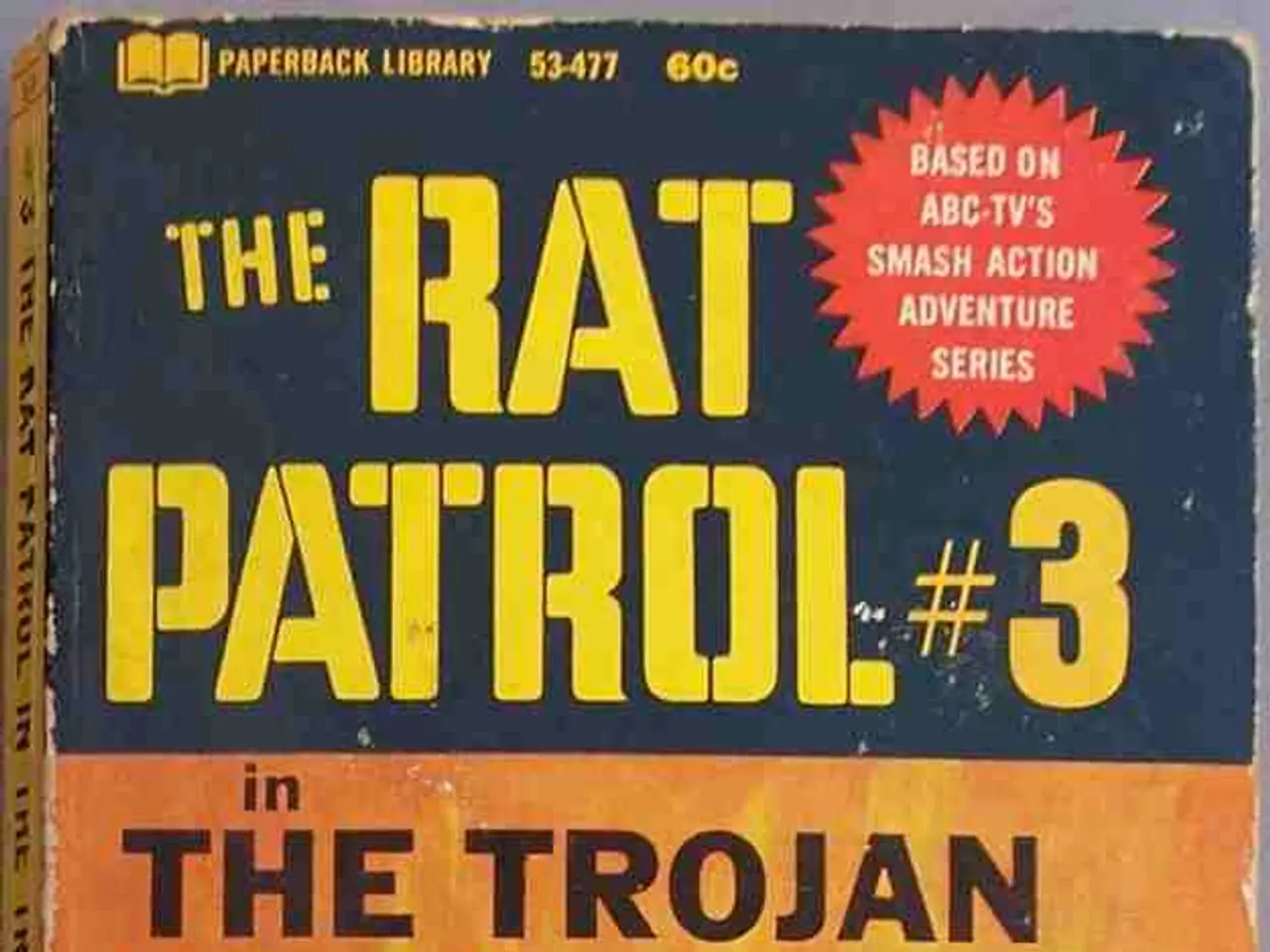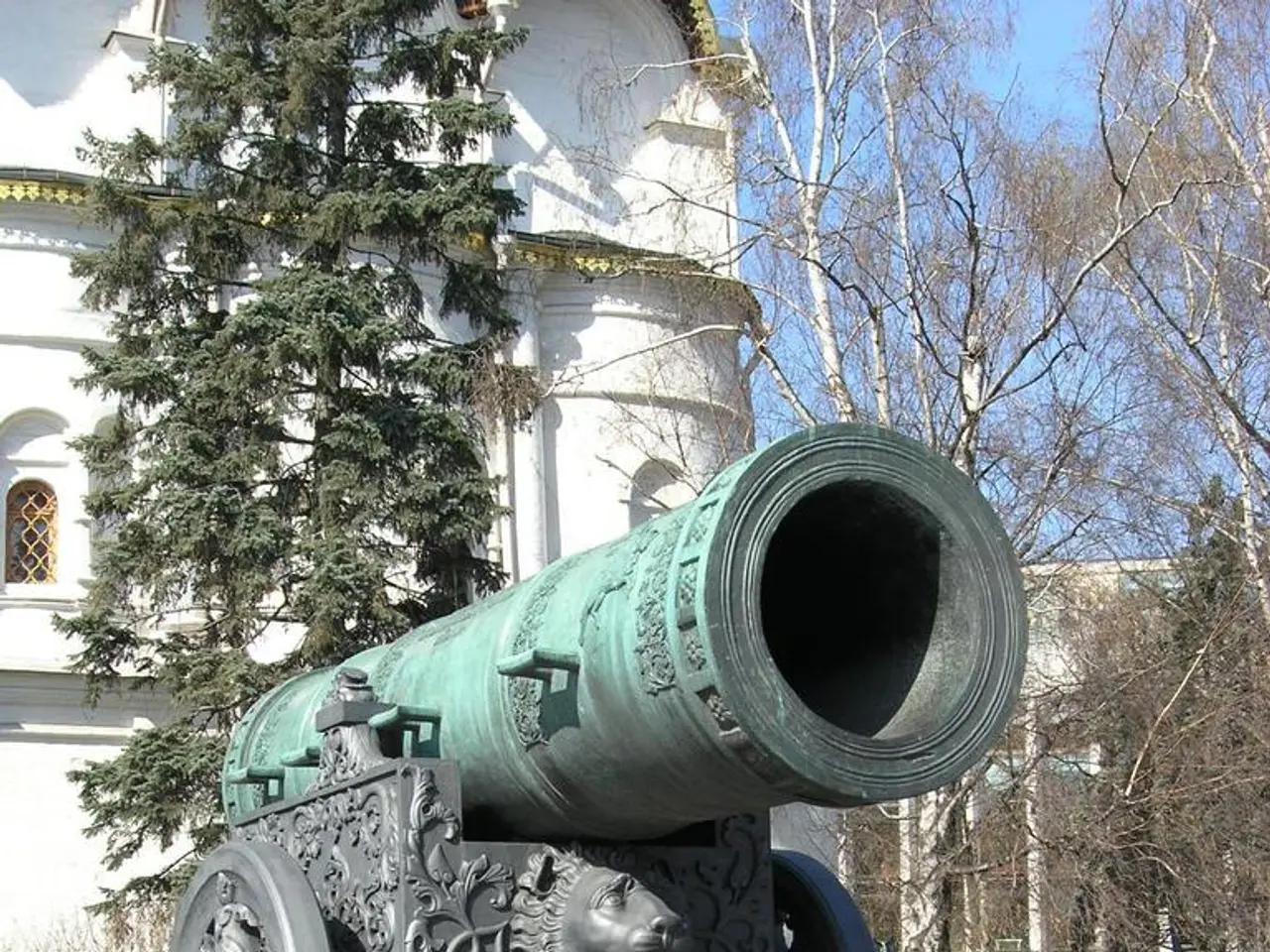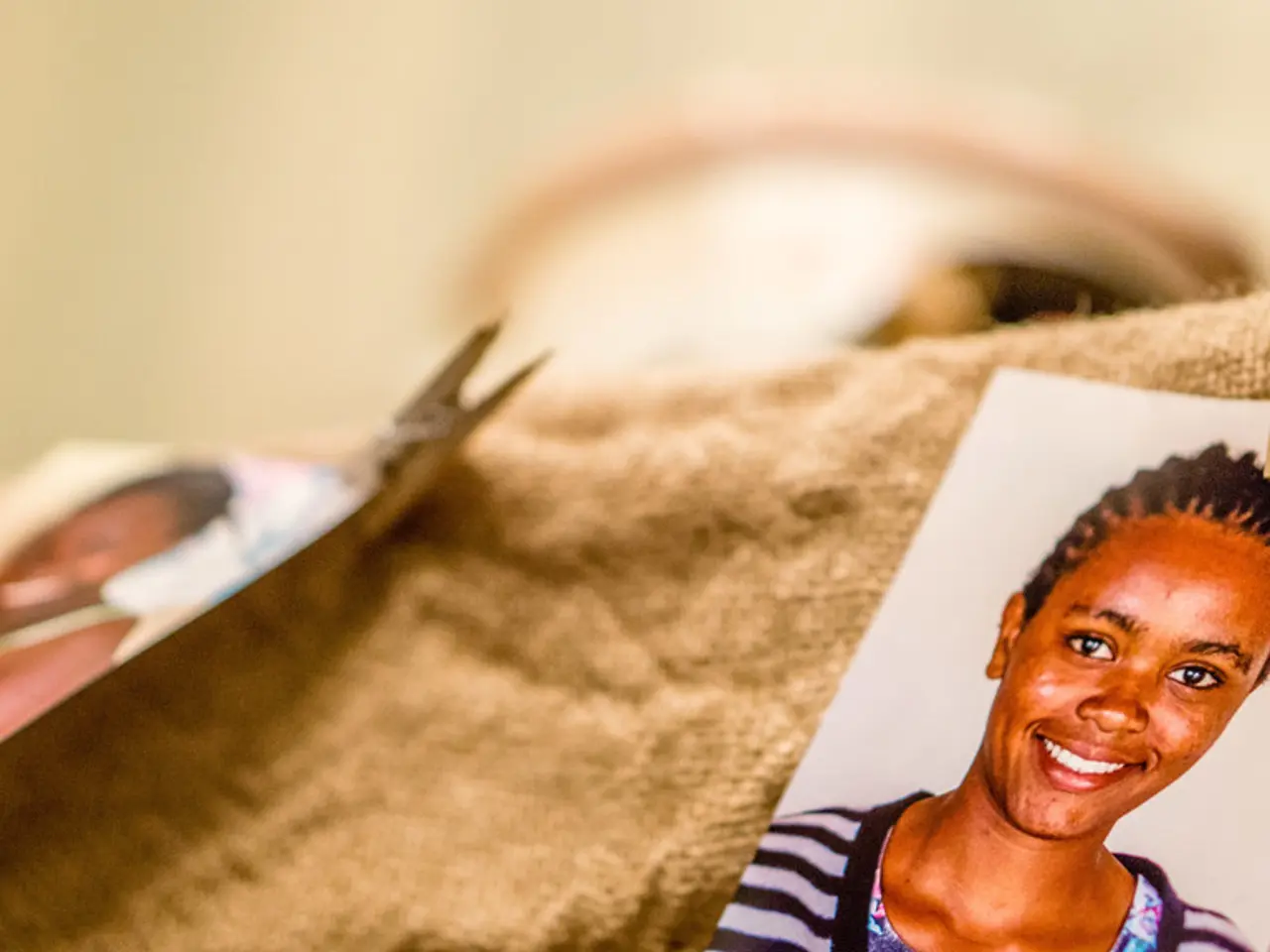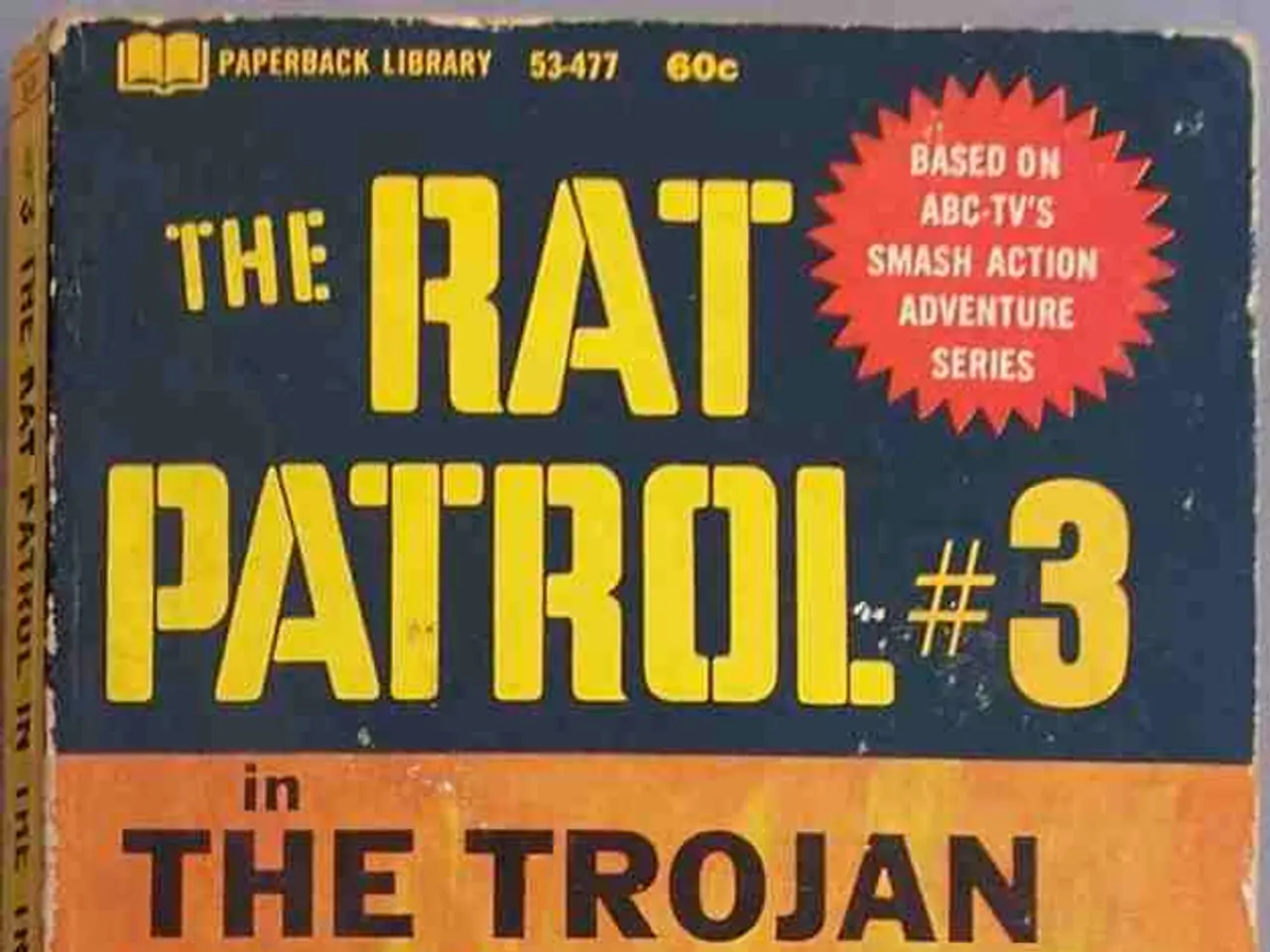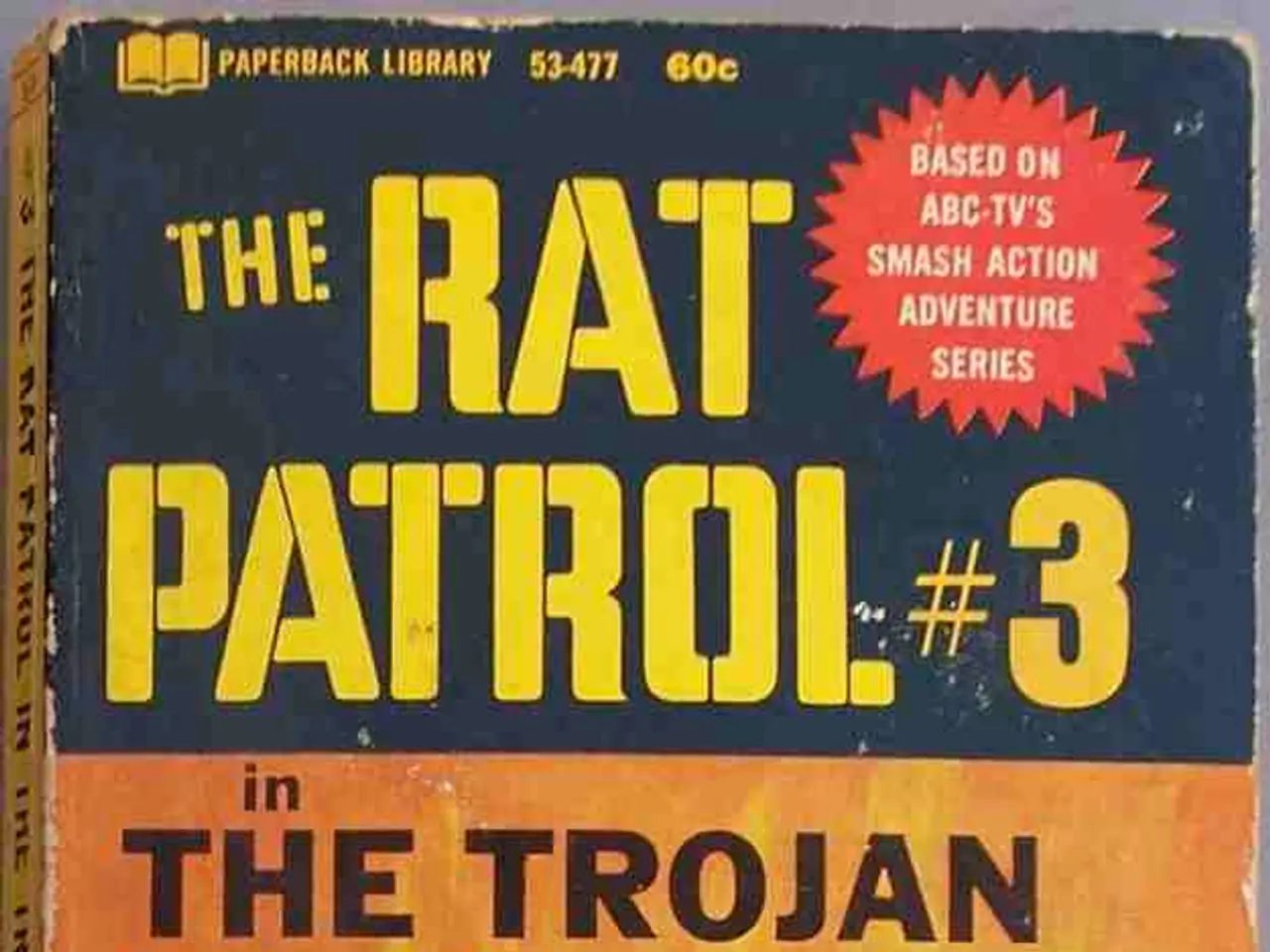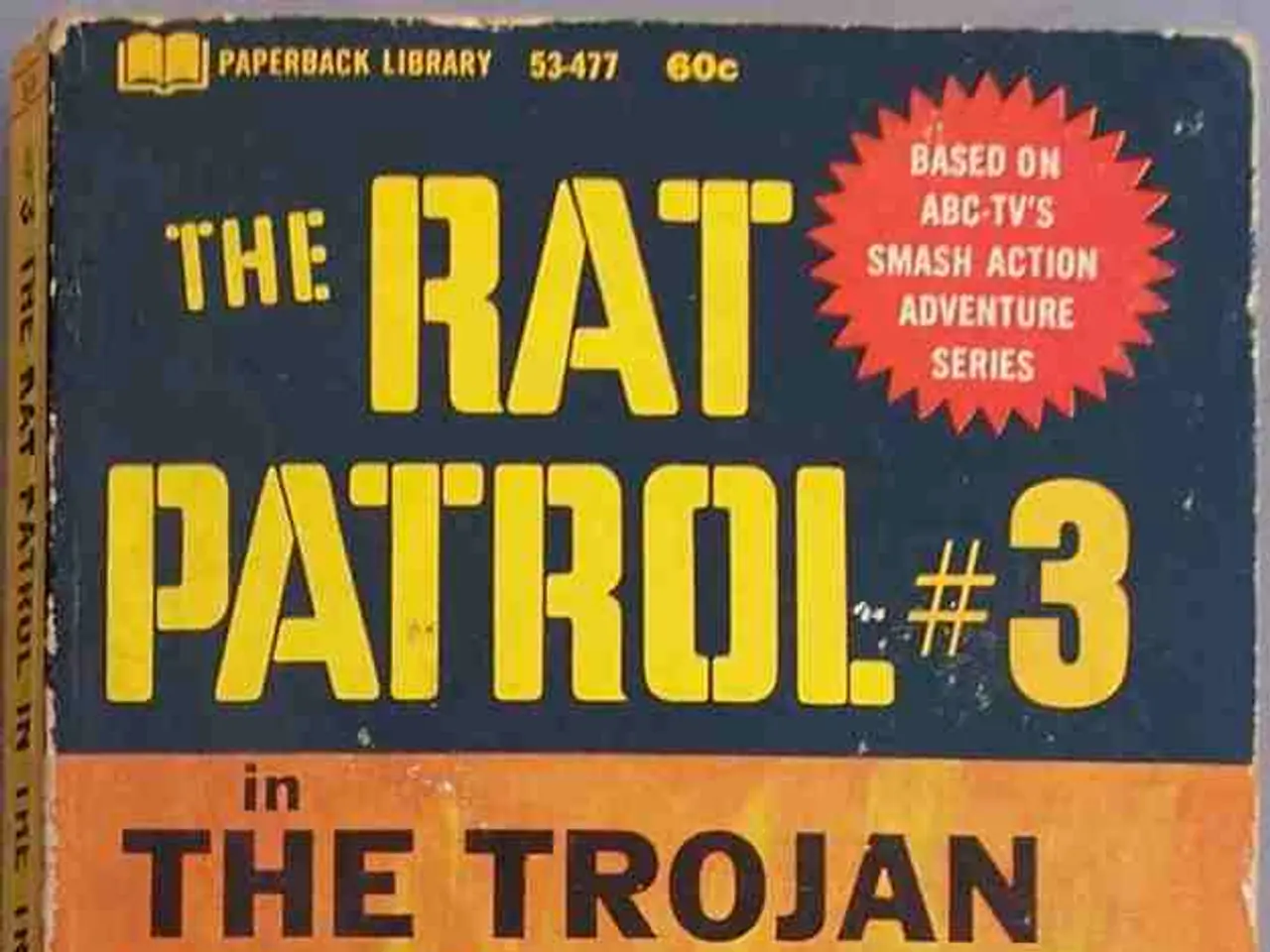Diplomatic compromise on border disputes: Thailand and Cambodia decide on temporary truce after discussions at the GBC gathering
The General Border Committee (GBC) meeting between Thailand and Cambodia, held in Malaysia from August 4-7, 2025, resulted in a formal ceasefire agreement and discussions on border issues. Both countries agreed to address the removal of landmines and cooperation against transnational crime, such as call centre gangs operating in Cambodia.
Thailand put forward multiple proposals, urging Cambodia’s cooperation in removing landmines from the border area and retrieving bodies of Cambodian soldiers, as well as combating crime. Cambodia, on the other hand, requested Thailand to avoid aerial use of military assets and to remove barbed wire fences from contested areas.
However, despite the ceasefire and discussions, ongoing reports suggest that Cambodia is actively planting new Russian-made PMN-2 anti-personnel landmines on the Thai border. These reports have caused serious injuries to Thai soldiers and escalated tensions. Cambodia denies these claims, maintaining it has not planted new mines and remains committed to the Anti-Personnel Mine Ban Treaty (Ottawa Treaty).
Regarding transnational crime, particularly call centre gangs allegedly operating in Cambodia, Cambodia has yet to provide clear responses or cooperation. Some issues are pending clarification from senior Cambodian leadership.
In an effort to monitor the implementation of the agreement, a temporary observation team will be set up, led by the Malaysian military attaché. This team will oversee both Thailand and Cambodia's adherence to the ceasefire agreement and any potential violations.
The Thai military, led by Lieutenant General Boonsin Padklang, controls 11 key border points and is emphasizing the importance of frontline troops remaining vigilant and ready. Despite the ceasefire, both sides are reinforcing their security forces, indicating potential for continued tension at the border.
Some residents near the border remain displaced, and return to homes is limited in Surin following the Thailand-Cambodia ceasefire agreement. The GBC meeting concluded with General Nattaphon Narkphanit, Thailand’s Deputy Defence Minister, and General Tea Seiha, Cambodia’s Deputy Prime Minister and Minister of Defence, signing the meeting’s conclusions.
The core profit of GULF reached a record high of THB 7,101 million in Q2/25. This financial success is a positive sign for the Thai economy, despite the ongoing border tensions with Cambodia.
The next GBC meeting is scheduled for September to assess progress, and the date for the Joint Boundary Commission (JBC) meeting by the Ministry of Foreign Affairs is yet to be finalised. The Australian Embassy has issued a statement welcoming the Thailand-Cambodia ceasefire.
In the face of these ongoing challenges, both countries will need to continue dialogue and cooperation to ensure a peaceful resolution and maintain the progress made during the GBC meeting.
- The ongoing controversy over Cambodia's alleged planting of new Russian-made PMN-2 anti-personnel landmines on the Thai border, despite Cambodia's denial and commitment to the Anti-Personnel Mine Ban Treaty (Ottawa Treaty), has escalated tensions between the two nations.
- The transnational crime issue, specifically call center gangs allegedly operating in Cambodia, remains a point of contention as Cambodia has yet to provide clear responses or cooperation in this matter.
- In an attempt to maintain a peaceful resolution, both Thailand and Cambodia will need to continue discussions and cooperation, particularly in areas such as the removal of landmines, addressing crime, and upholding the provisions of the ceasefire agreement.


